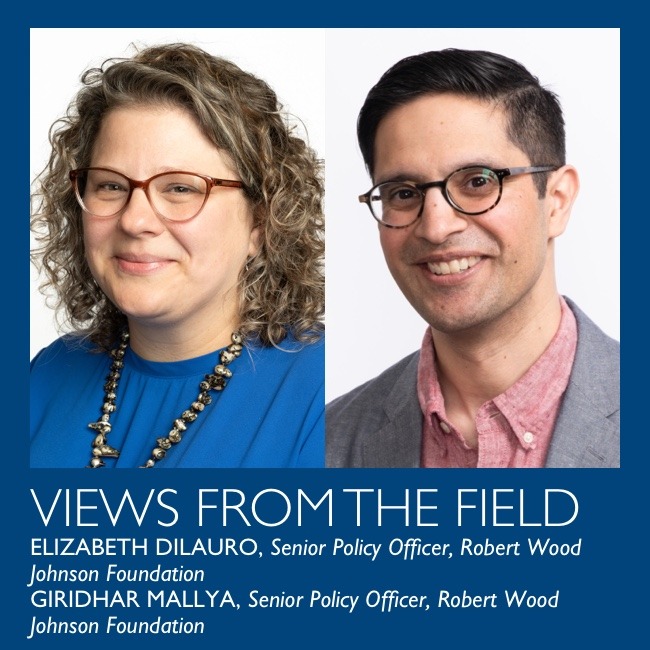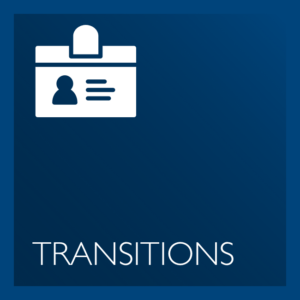Make Our Children Healthy Again Strategy Report
This resource provides an overview of the Department of Health and Human Services report on children’s health released on September 9, 2025.
Department of Health and Human Services Reorganization and Reductions: Explaining the State of Play
This issue brief provides an overview of the current status of the reorganization and Reductions in Force (RIF) at the Department of Health and Human Services (HHS) to help funders understand the impact on their work and engage in the current policy landscape.
Philanthropy @ Work – Transitions – March 2022
The latest on transitions from the field.
Health Foundation of Central Massachusetts: March 2022
The Activation Fund supports discrete, one-year projects in Central Massachusetts that demonstrate creative and innovative approaches to addressing community health concerns and that move an organization to its next level of capacity and effectiveness, which can be sustained beyond the term of the grant.
Blue Cross Blue Shield of Massachusetts Foundation: March 2022
A limited number of non-renewable one-year grants of up to $50,000 will support nonprofits seeking to positively impact health or health care access for Massachusetts residents who have been economically, socially, ethnically, or racially marginalized.
Archstone Foundation: March 2022
Archstone Foundation’s new report, “Starting, Supporting, Sustaining: An Archstone Foundation Legacy Report on Palliative Care 1989-2021,” documents more than 30 years of grantmaking and efforts to build the field of palliative care.







